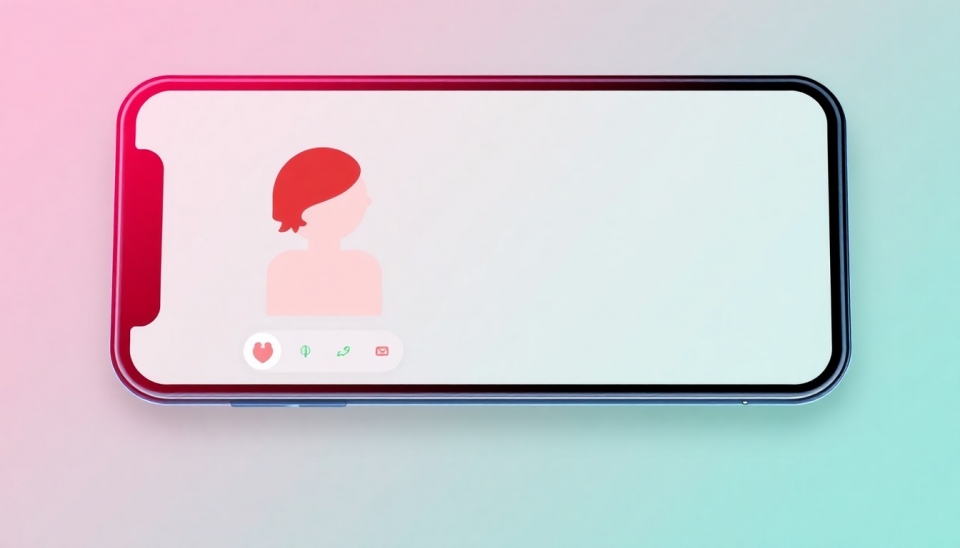
In a significant shift in online information-seeking behavior, early adopters are increasingly turning away from traditional search engines like Google in favor of AI-driven chatbots. This trend, which has emerged over recent months, signifies a transformative change in how users interact with technology to gather information and solve problems.
With the rise of advanced AI models capable of understanding complex queries and generating detailed responses, users have begun to realize the limitations of conventional search engines. Traditionally, users would input key search terms, sifting through lists of links to find relevant information. However, AI chatbots, such as ChatGPT and various other emerging platforms, provide a more conversational interface, presenting answers directly and often tailoring responses based on context.
The shift is especially pronounced among tech-savvy individuals and professionals who are eager to leverage the latest technological advancements. Many users report that AI chatbots deliver faster and more intuitive assistance, allowing them to bypass the lengthy process of evaluating search results. This seamless interaction not only saves time but also enhances the overall user experience.
In addition, the growing popularity of AI chatbots can be attributed to their ability to engage in contextual conversations. Users can ask follow-up questions, seek clarifications, and drill down into specific topics without needing to reframe their queries. This feature creates a more interactive dialogue that mirrors human communication, further enhancing the appeal of AI technology in daily tasks.
An accompanying concern that arises with this trend is the potential impact on information sourcing and reliability. While AI chatbots can aggregate data from multiple sources, the nature of their responses raises questions about the accuracy and legitimacy of the information provided. Users must remain diligent in verifying facts, as the algorithms may not always discern credible sources versus less reliable ones.
The implications of this shift are profound, affecting sectors ranging from education to customer service. Businesses are increasingly incorporating AI chatbots into their operations to streamline responses to common inquiries, reduce workload on human agents, and improve customer engagement. This adaptation aligns with a broader trend of digital transformation across industries, underscoring a growing reliance on AI technologies.
As user habits continue to evolve, it will be crucial for search engine providers to adapt and innovate. Google and other platforms face the challenge of integrating more advanced AI features to stay competitive in this rapidly changing landscape. Maintaining relevance in the face of emerging AI capabilities will require a significant reevaluation of how search engines operate and deliver information to users.
In summary, the shift towards AI chatbots marks a fundamental change in the way individuals search for information online. As early adopters champion this transition, the technology's popularity is likely to grow, compelling traditional search engines to evolve or risk obsolescence in this new digital era.
#AIChatbots #AIsearch #GoogleSearch #DigitalTransformation #TechnologyTrends #UserExperience
Author: John Miller
